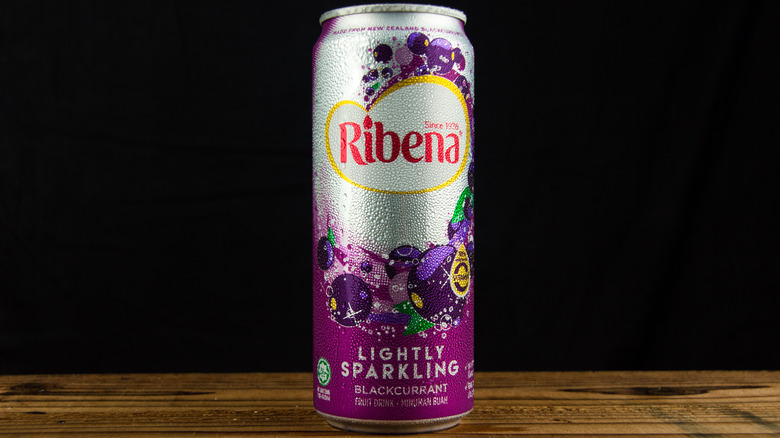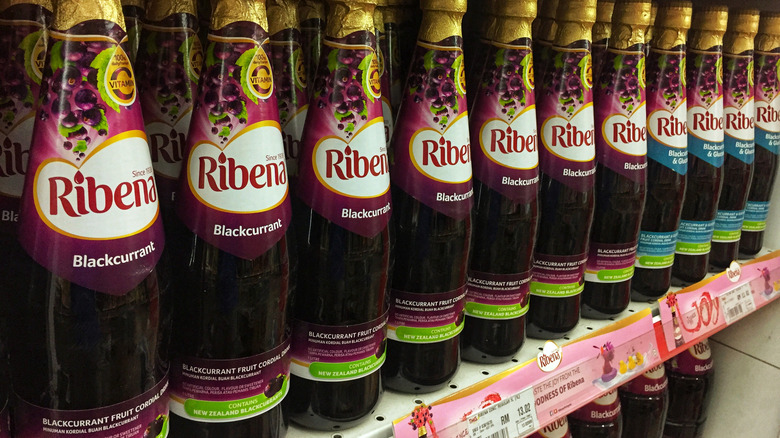The Ribena Scandal You Didn't Know About
In 2004, Anna Devathasan and Jenny Suo, two students in New Zealand, conducted an experiment for school to see if cheaper juices were more unhealthy. The Guardian explains that they chose Ribena to serve as the comparison point because advertisements for the drink claimed that its blackcurrants contain four times more vitamin C than oranges. However, when they tested the Ribena to get their benchmark, Devathasan and Suo discovered the drink only had a negligible amount of vitamin C.
Upon discovering this, many might have brought in the media. But the students were considerate enough to inform GlaxoSmithKline, the owners of Ribena; this didn't go anywhere. "They didn't even really answer our questions. They just said it's the blackcurrants that have it, then they hung up," they told The Guardian. So, they tried the Advertising Standards Authority and Brandpower but failed to get any attention there either, The New Zealand Herald reported.
Eventually, Fair Go, a consumer affairs show, ran the story and a commission's investigation backed up Devathasan and Suo's claims. In 2007, The New Zealand Herald reported that the Auckland District Court fined GlaxoSmithKline $217,500 NZD — which converts to about $154,784 USD — for breaching the Fair Trading Act and required them to change their advertising. Of course, GlaxoSmithKline is a pharmaceuticals company second only to Pfizer, which means the fine meant next to nothing.
But why lie?
At a glance, this scandal falls into the category of "why even bother lying about the vitamin C content?" Sure, people obsess over vitamin C, but it's cheap enough to add it to a product. In fact, Ribena now includes vitamin C in its ingredients list. It's a healthy version of cheating the consumer by advertising that your cookies have more sugar than they do — there just isn't much of a reason to do so.
But a further look at the Ribena ingredient list shows that the main fruit in the drink is blackcurrant juice from a concentrate of 32 percent, which might explain the discrepancy. As the Blackcurrant Foundation in the United Kingdom explains, the love of the flavor came about because Ribena was given out for free as a vitamin C supplement for children during World War II. However, the process to make the drink concentrate reduces the vitamin C content of the drink, as NPR learned in 2017. Livestrong explains that this reduction is linked to vitamin C's instability, meaning almost any change to the fruit affects it. So, blackcurrants have vitamin C, but it appears that the advertising became disconnected from Ribena's own history and production process and became blatantly false.

